Summary
- During yesterday’s State of Play, a new futuristic first-person-shooter was revealed – Metal Eden.
- Metal Eden gave some heavy Doom and Ghostrunner vibes, which I can confirm it nails after playing myself.
- It has some unique ideas of its own too, and its mysterious dystopian world is one I want to get back to.
In the first minute of Metal Eden, I was dropped into a dystopian future with no idea what I was doing or who I even was. Handed a weighty assault rifle with a satisfying clacking noise, I was pointed in the direction of some squishy sci-fi creatures to see what my new gun-shaped best friend was capable of.
Though I didn’t have a clue what the fast-paced and practically plot-free intro was setting me up for, I understood the assignment from the moment I pulled the trigger. As you could no doubt tell from its reveal at yesterday’s State of Play, Metal Eden is basically Doom if id Software was inspired by Blade Runner reruns instead of heavy metal music videos.
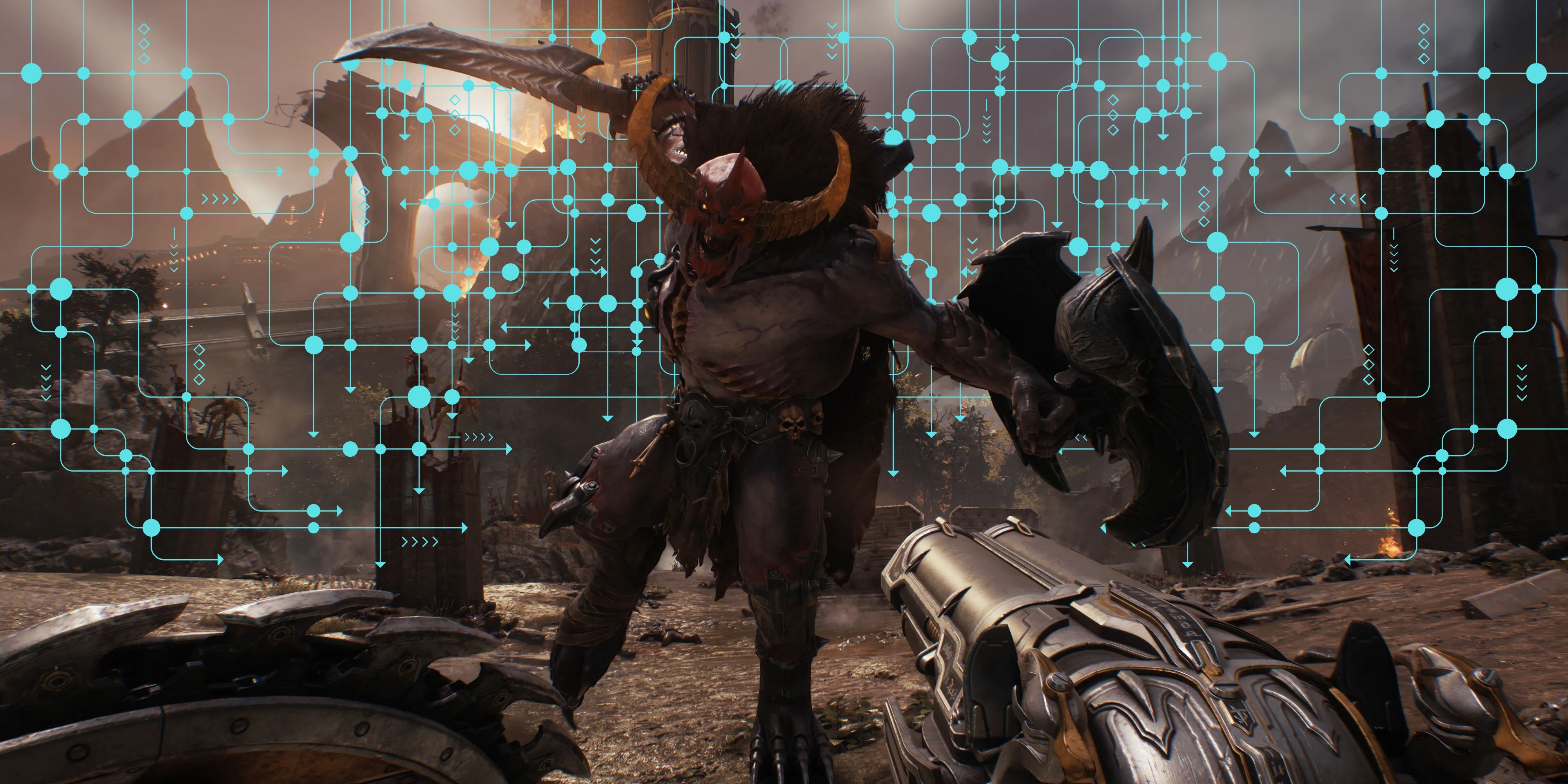
Related
I’m Excited Doom: The Dark Ages Is Single-Player Only
Doom is a simple game with a simple objective, and multiplayer complicates that.
Considering the term “Doom clone” has been around longer than I’ve been alive, that might not seem too exciting for you FPS vets out there. While we’ve had plenty of games attempting to take on the original two games’ feel, there aren’t that many who looked at the 2016 game’s even tastier Michelin star recipe. There are even fewer that manage to get it right, but it didn’t take long to see that Metal Eden is on the right track.
Rip And Tear, But Make It Sci-Fi
After obliterating my way through the first few firefights and shaking the shooting rust off, I was right back into a rhythm I hadn’t felt since 2020’s Doom Eternal. I was impressed at how well Metal Eden captures the same feel despite its heavier focus on sci-fi. If you’ve played the newer Doom games, you’ll know exactly what to expect here – basic movement is fast-paced and the biggest priority during combat, guns are satisfyingly weighty and pack a massive punch, and every enemy you empty your clip into pops like a pimple being poked by the Hulk.
The only thing that’s missing is Glory Kills, although you can melee kill enemies to get health pickups.
Doom, a word that I’ve used so much that it’s starting to look weird, isn’t the only seasoning in the pantry that Metal Eden pilfers, though. Another core pillar of Metal Eden’s gameplay is its parkour, which lets you do far more than just run around levels. You can also hover over gaps, use a jetpack to boost jump and clamber, and even wall-run and grapple. The suite of platforming moves also gives Metal Eden a similar feel to Ghostrunner and Titanfall.
Traversing around the world so easily at all times adds a nice bit of flavour to Metal Eden’s firefights and builds upon the fast-paced Doom style that it’s going for. “Always keep moving” is practically the motto of the genre, but it feels like it’s taken to the next level here with so many abilities on hand. Arenas with respawning enemies are, as is custom with the genre, a big part of Metal Eden, but there’s far more variety when you can sprint along walls in between gunning everything in sight down.
It might seem like Metal Eden is a pastiche of other first-person shooters more focused on combining their ideas than iterating on them, but it does have some unique elements of its own. During the first two chapters I previewed, the core gimmick at the centre of Metal Eden is, well, Cores.
Hyper Unit protagonist Aska has the ability to pull Cores out of basic enemies for an insta-kill and then use that Core in one of two ways. The first way to take advantage of a Core is as a powerful but short-range grenade that’s great for crowd control, if a little unreliable. The second, and by far the better option, is to absorb it for some health and a powerful super punch that can take out enemy armour quicker than bullets.
Speaking of bullets, Metal Eden’s weapons, including a shotgun, pistol, and assault rifle, are familiar but feel great to wield. They also have their own upgrade trees, as does Aska herself.
Even if I mostly ended up absorbing the Cores for the undeniably stronger benefit of getting more health and the armour-wiping melee attack, having that ability on hand to whittle down enemies or give yourself a boost adds a nice new layer of strategy on top of the familiar shooting and movement. With so much going on at all times, it feels a little like patting your head and rubbing your belly at the same time. But eventually, you get used to it.
Once you have mastered shooting, jumping, and extracting Cores, Metal Eden’s groove is a satisfying one to get into. As my constant mentions of its inspirations suggest, it’s not the most original game in the world, but from the hour or so I played, it does still stand out by managing to combine elements from across the shooter canon (or is that cannon?) seamlessly while also sprinkling in some of its own unique features.
A Mysterious Dystopian Future I Can’t Want To Wreak Havoc In
The one area where Metal Eden has a chance to stand apart is its story, which is already more engaging than the ones in any of the games I’ve mentioned prior. It’s very abstract and aloof from what I’ve played, with the plot mostly being drip-fed to the player by sultry-voiced AI called the Architect, who mostly waxes lyrical in your ear about the downfall of humanity and your role in bringing it back.
As vague as what’s going on is, the themes of humanity and AI are interesting, and I started to see the initially robotic (literally) protagonist Aska open up and question what’s going on as I got further. I don’t know enough about what Metal Eden is trying to say just yet, but I’m more interested in hearing it than I thought I’d be once the ripping and tearing kicked in.
What I played of Metal Eden was more than enough to get me on board with what it’s trying to do, but the biggest question I have for it is whether it’ll have enough of its own ideas to stand the test of time. Then again, how many iconic Doom clones were that original? Even if doesn’t carve out its own identity, so far it’s managed to take the best bits of two games I love and meld them together with an interesting world that I’m excited to see, and kill, more of in May.
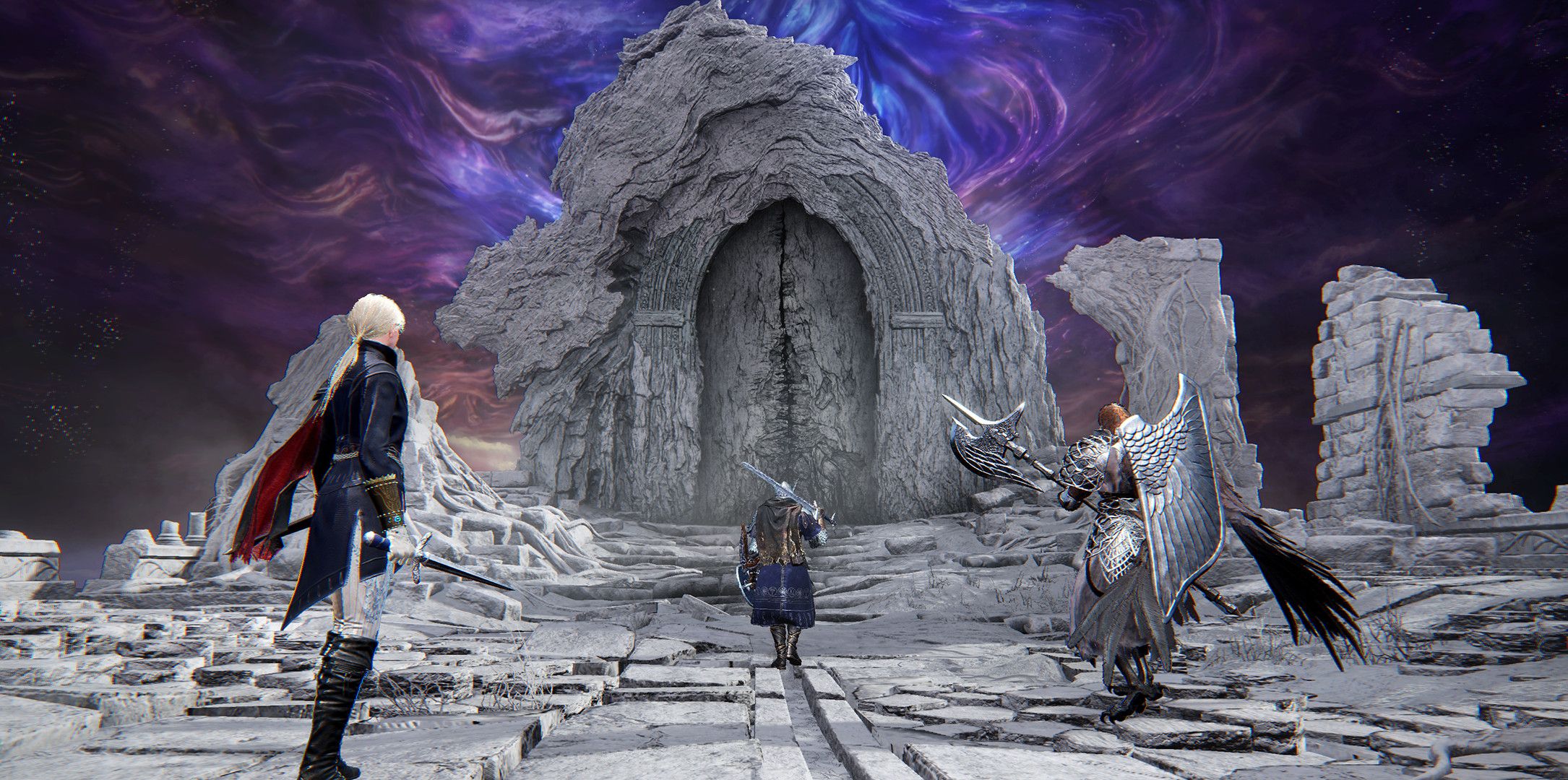
Next
The People Who Would Love Elden Ring Nightreign The Most Probably Won’t Play It
Elden Ring Nightrein is the most and least FromSoftware game ever, which makes it a weird one to market.
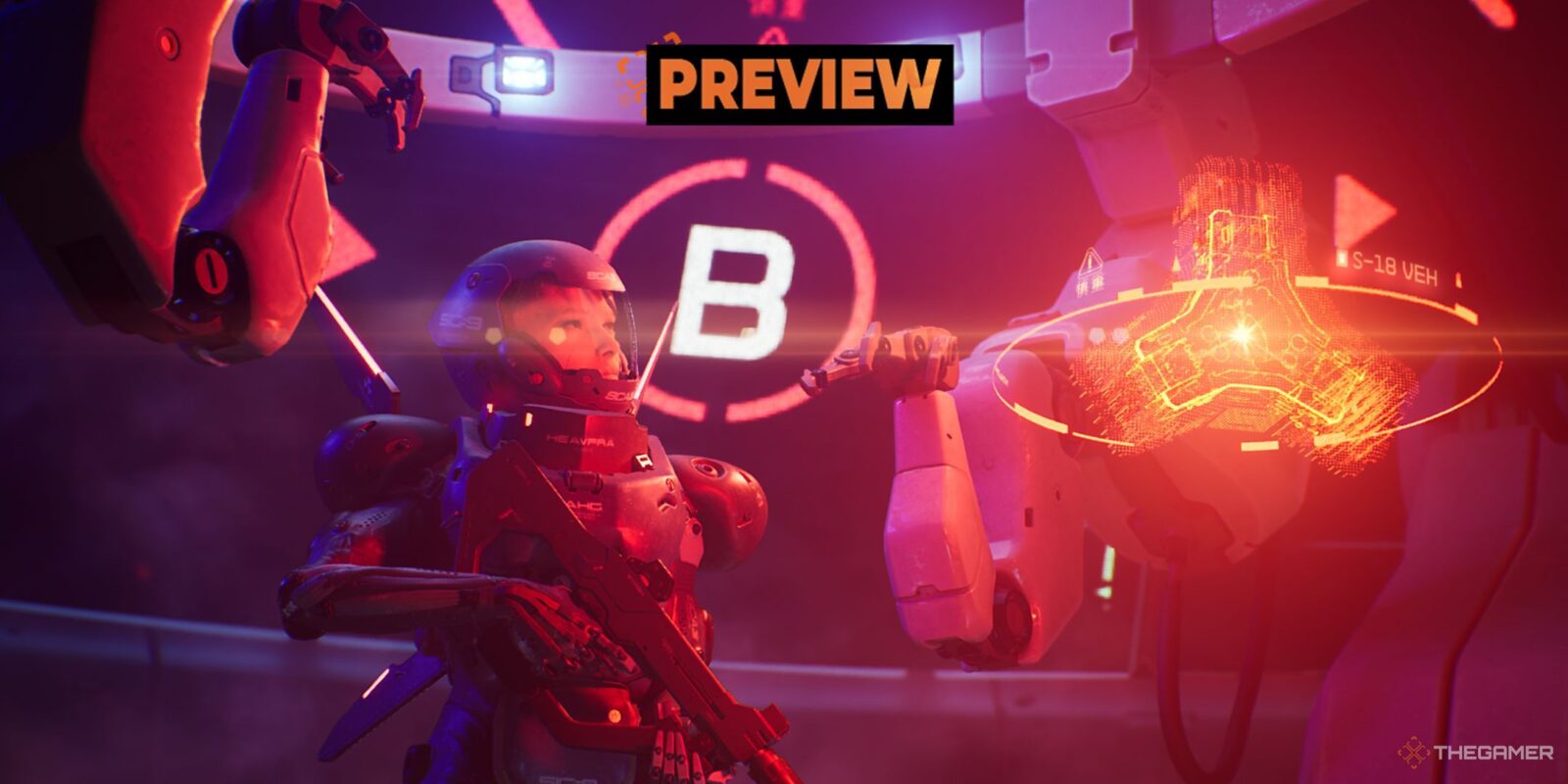

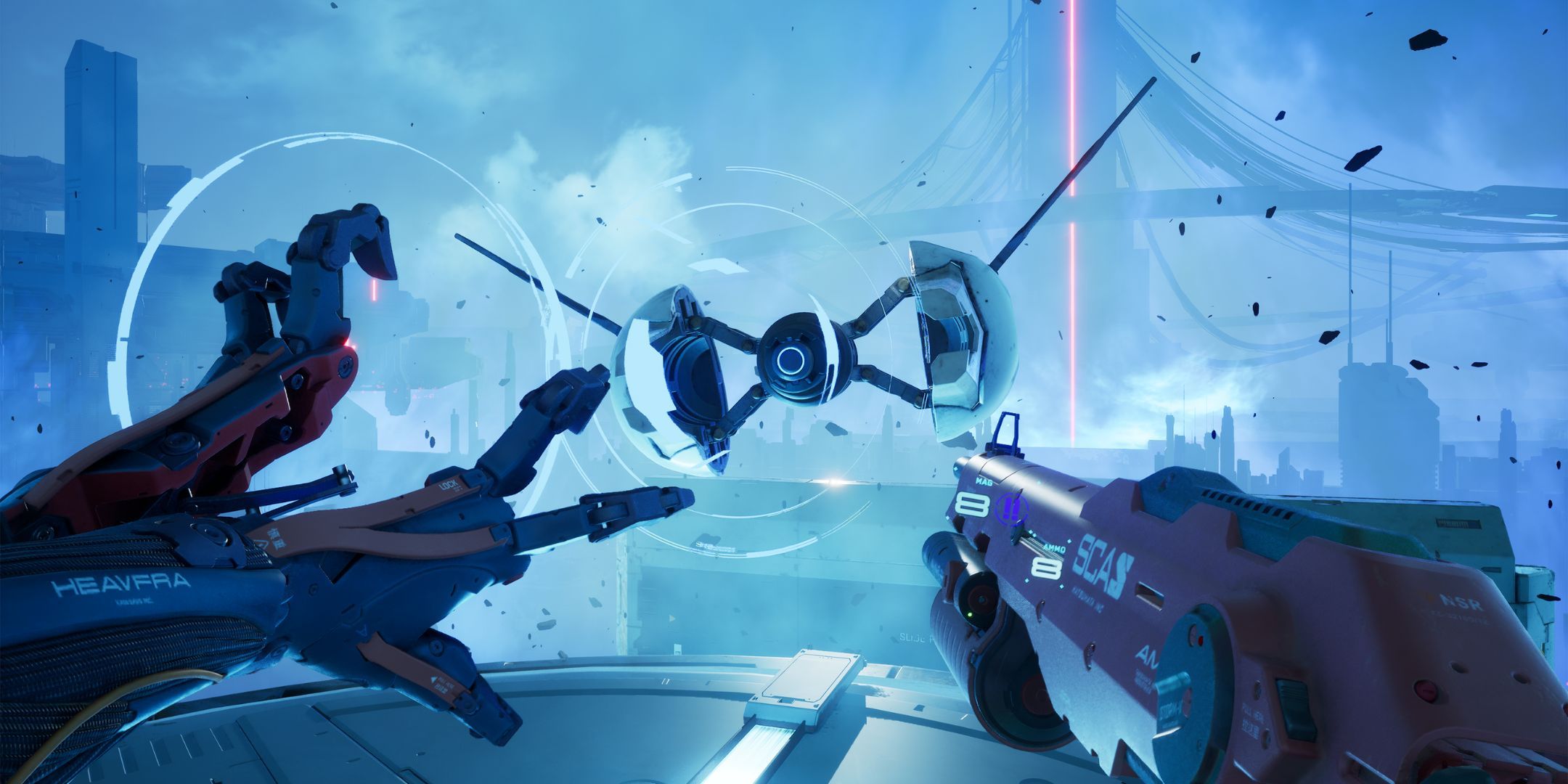
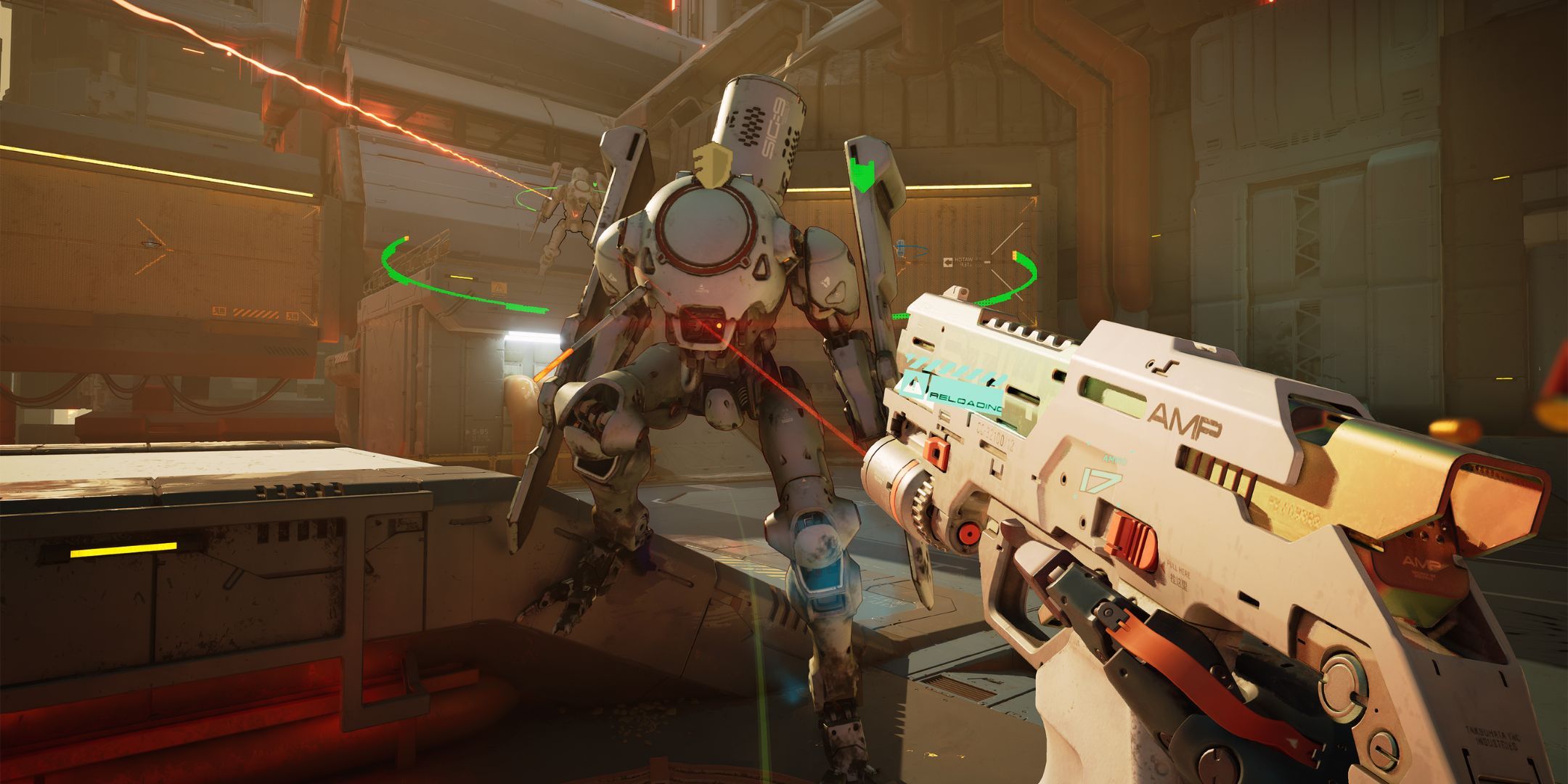
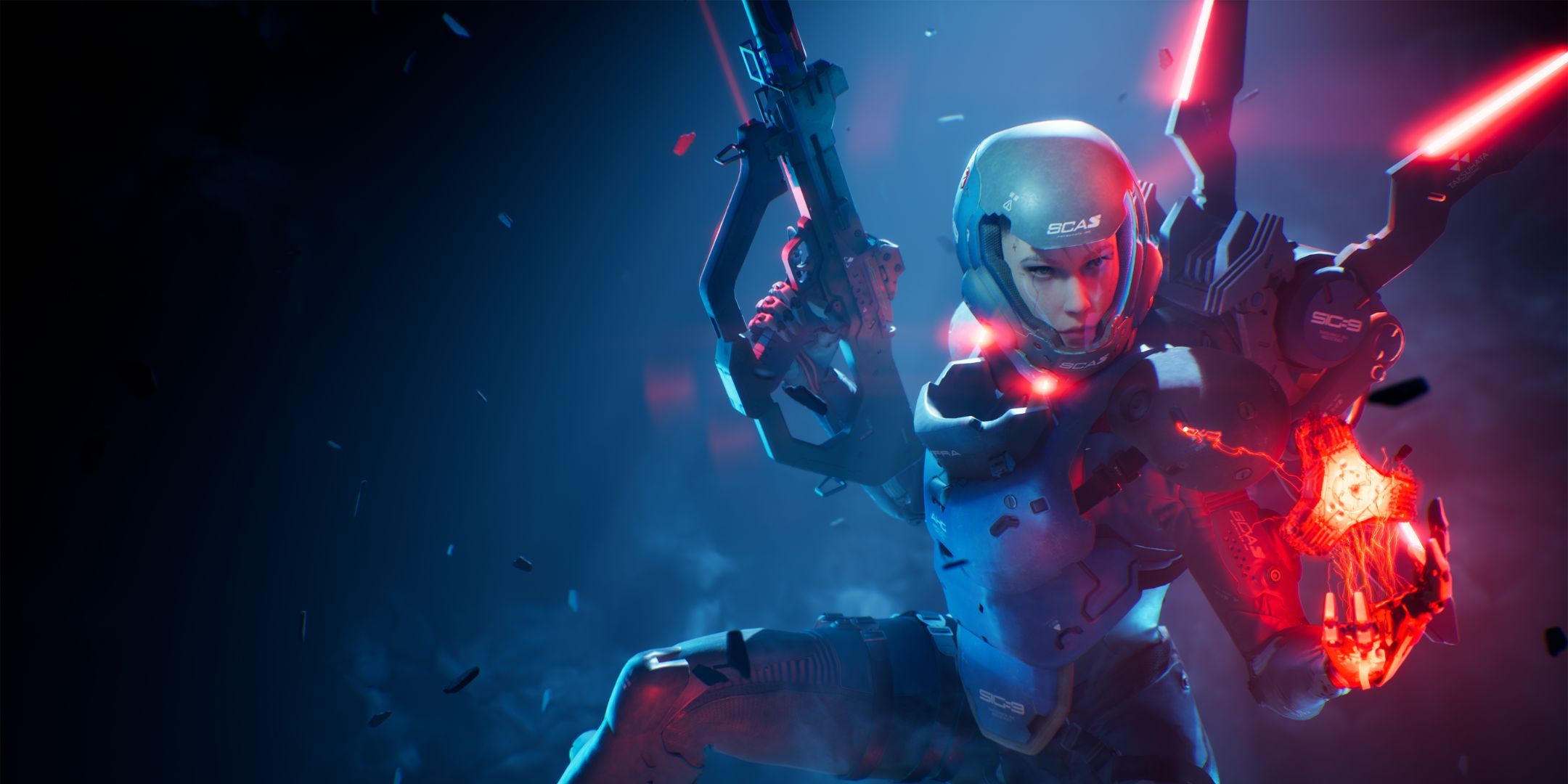


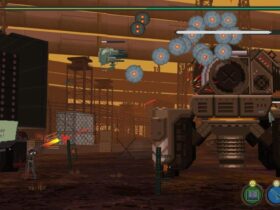
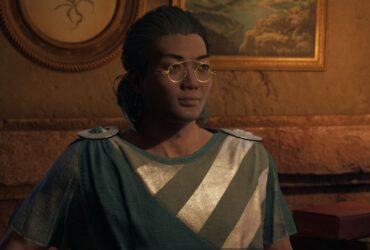



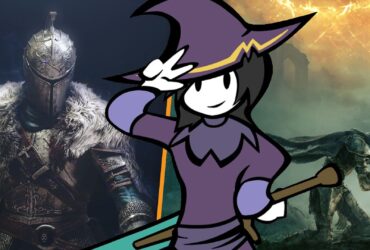

Leave a Reply